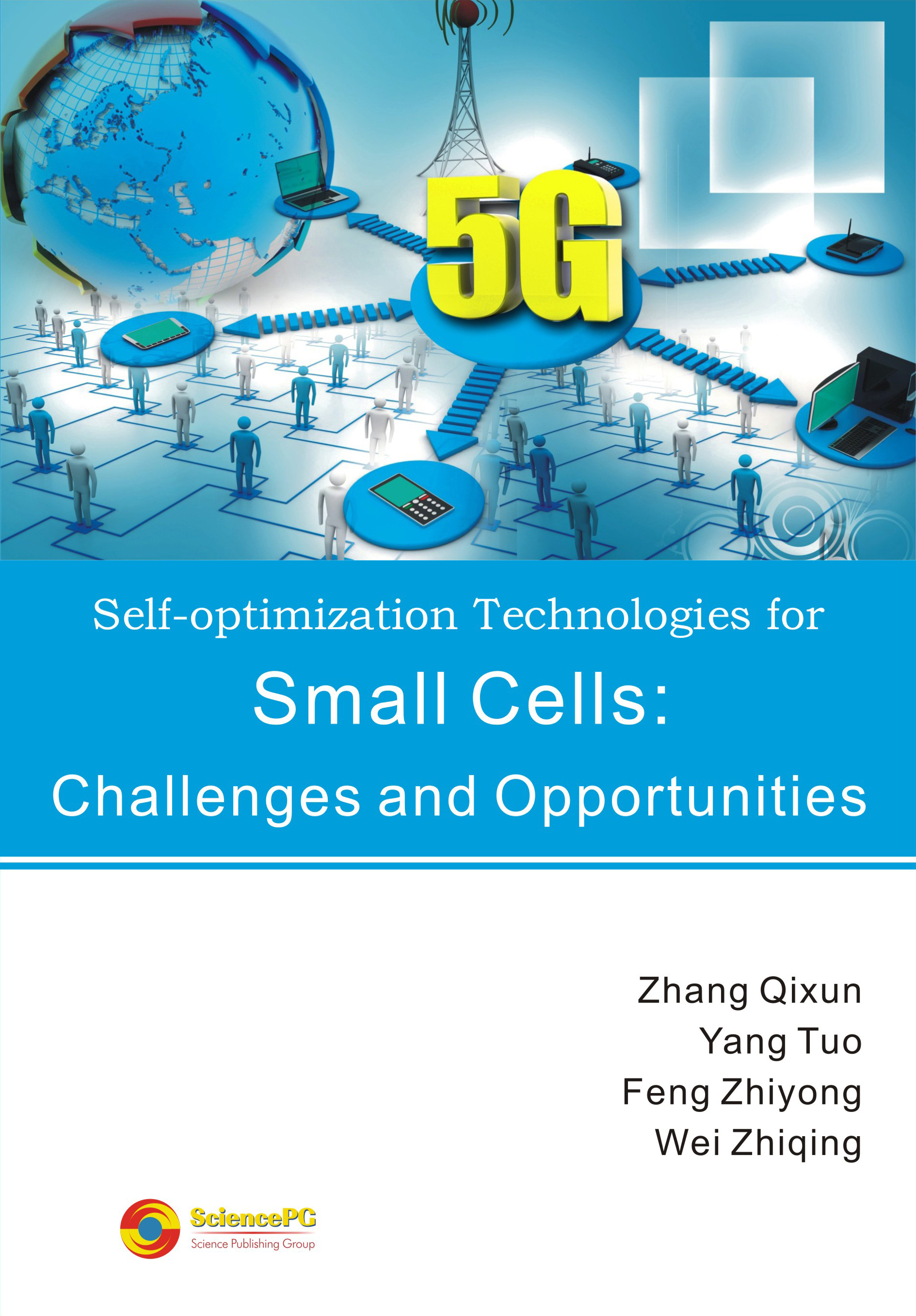

Self-optimization Technologies for Small Cells: Challenges and Opportunities
The surge of mobile data services driven by new applications and smart devices has triggered the research innovation and study for the fifth-generation (5G) mobile communications system with a dramatic increase on system performances, such as 1 million connections per square kilometer, tens of Gbps per square kilometers of traffic volume density, and etc. To solve the capacity enhancement problem, small cells technologies have been proposed recently by reusing the spectrum resources efficiently. But, the capacity surge in urban areas and unevenly distribution of traffics in geography and time domains lead to new challenging problems for the optimization of small cell networks. Therefore, this book has proposed the capacity analysis and coverage self-optimization technologies with simulation results. And the interference mitigation technology is designed to minimize the inter-cell and intra-cell interference among multi-tier small cell networks. Finally, future research directions are described briefly.
Zhang Qixun, is a member of IEEE and an associate professor with the Key Laboratory of Universal Wireless Communications, Ministry of Education. He holds B.S. and Ph.D. degrees in Information and Communication Engineering from Beijing University of Posts and Telecommunications (BUPT), Beijing, China. He is the reviewer of IEEE JSAC, IEEE TVT, IEEE ICC, Globecom, VTC, WCNC. He is active in ITU-R, IEEE, CCSA, and IMT-2020(5G) standards. His research interests include 5th generation mobile networks (5G), cognitive radio and heterogeneous networks, game theory, LAA and LTE-U system, and unmanned aerial vehicles (UAVs) communication.
Yang Tuo, is currently working towards the Master’s degree with the School of Information and Communication Engineering, Beijing University of Posts and Telecommunications (BUPT), Beijing, China. His current research interests include heterogeneous wireless networks, Markov chain model, LAA and LTE-U system.
Feng Zhiyong, is a senior member of IEEE and a full professor. She is the director of the Key Laboratory of Universal Wireless Communications, Ministry of Education. She holds B.S., M.S., and Ph.D. degrees in Information and Communication Engineering from Beijing University of Posts and Telecommunications (BUPT), Beijing, China. She is a technical advisor of NGMN, the editor of IET Communications, and KSII Transactions on Internet and Information Systems, the reviewer of IEEE TWC, IEEE TVT, and IEEE JSAC. She is active in ITU-R, IEEE, ETSI and CCSA standards. Her main research interests include wireless network architecture design and radio resource management in 5th generation mobile networks (5G), spectrum sensing and dynamic spectrum management in cognitive wireless networks, universal signal detection and identification, and network information theory.
Wei Zhiqing, a member of IEEE and an assistant professor with the Key Laboratory of Universal Wireless Communications, Ministry of Education. He holds B.S. and Ph.D. degrees in Information and Communication Engineering from Beijing University of Posts and Telecommunications (BUPT), Beijing, China. He is the reviewer of IEEE JSAC, IEEE TVT, IEEE ICC, Globecom, VTC, WCNC. His research interests include capacity and delay analysis of cognitive radio networks and 5th generation mobile networks (5G).